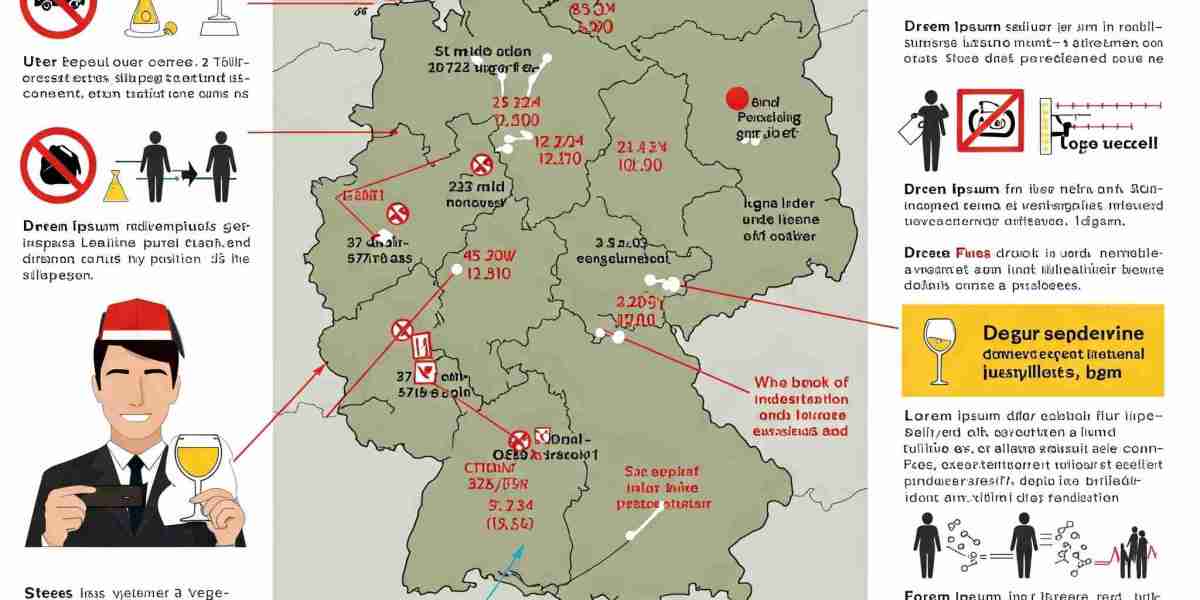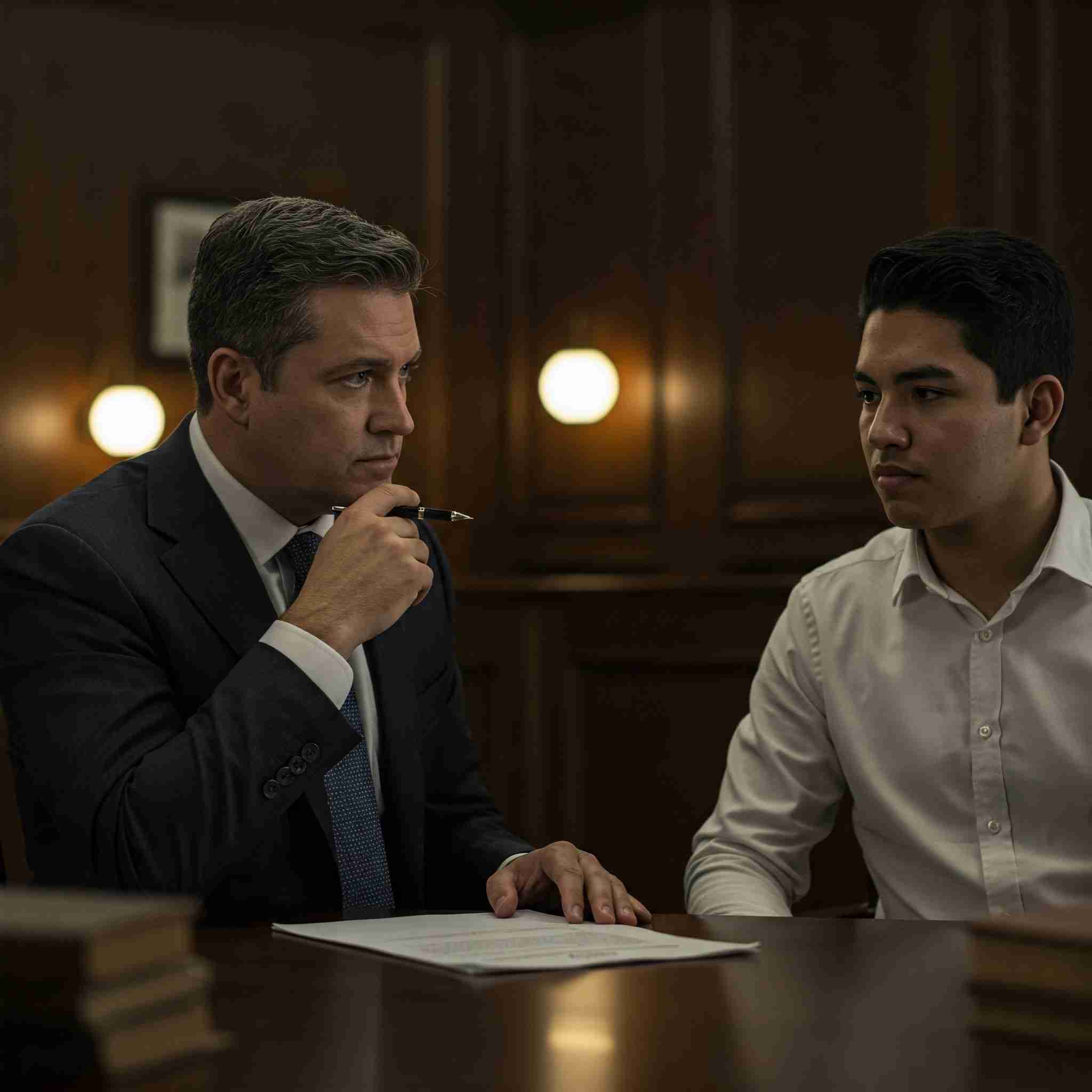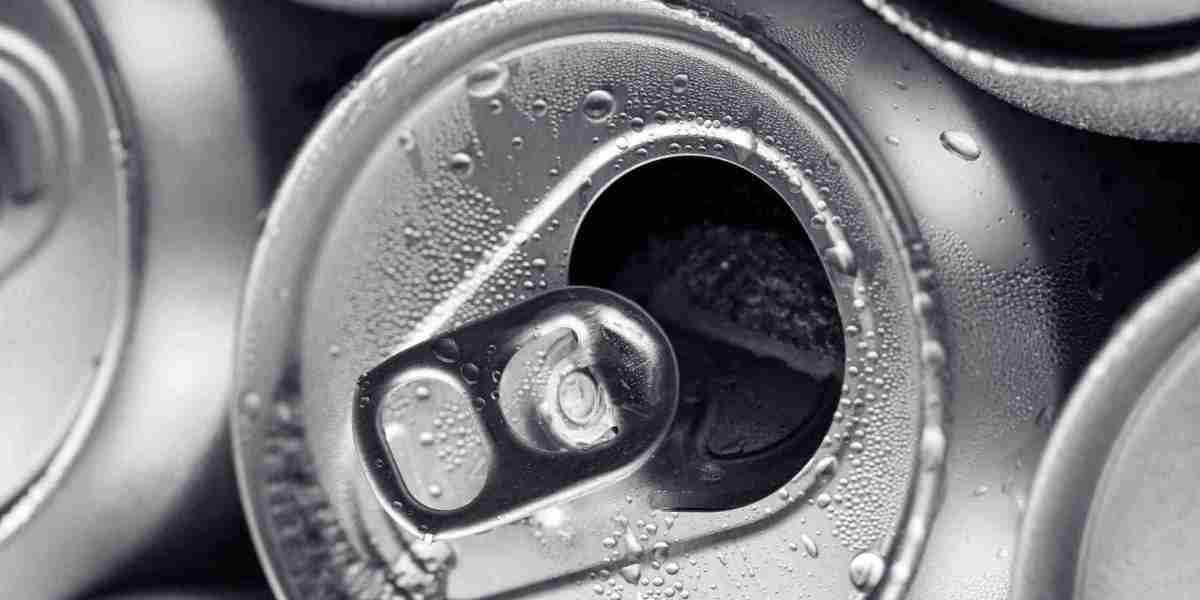Driving under the influence of alcohol is a serious offense in Germany, with strict regulations designed to ensure road safety. Anyone caught exceeding the legal blood alcohol concentration (BAC) limits can face severe penalties, including fines, license revocation, and even imprisonment. This article provides an in-depth overview of Germany’s laws regarding drunk driving (Alkohol am Steuer), the legal limits, potential penalties, and how a specialized lawyer can assist those accused.
Legal Blood Alcohol Limits in Germany
Germany enforces different BAC thresholds depending on the driver’s experience, the presence of an accident, and prior offenses. The key limits include:
- 0.0% BAC – Applies to new drivers in their probation period (Probezeit Null-Promille) and individuals under 21 years old.
- 0.3% BAC – Considered relative incapacity if the driver shows erratic behavior or causes an accident.
- 0.5% BAC – The legal threshold for administrative penalties without requiring proof of dangerous driving.
- 1.1% BAC – Absolute incapacity to drive leading to criminal charges.
- 1.6% BAC – Requires a Medical-Psychological Examination (MPU Alkohol) before regaining driving privileges.
Penalties for Driving Under the Influence
The consequences of drunk driving (Alkohol am Steuer) depend on the BAC level and whether an accident occurred. Below are the penalties categorized by severity:
1. First Offense: Administrative Penalties
For drivers caught with a BAC between 0.5% and 1.09% without causing an accident, penalties include:
A fine (Bußgeld Alkohol am Steuer) of 500 to 1,500 euros, depending on prior offenses.
A driving ban (Fahrverbot Alkohol) ranging from one to three months.
Points on the driver’s record in Flensburg.
2. Criminal Charges: High BAC or Dangerous Driving
If a driver has a BAC of 1.1% or higher, or causes an accident regardless of BAC, the penalties increase significantly:
Führerscheinentzug Alkohol (License Revocation) for at least six months to five years.
A criminal fine or imprisonment for up to one year.
Mandatory MPU Alkohol (Medical-Psychological Examination) to determine fitness to drive.
3. Consequences for New Drivers and Probation Period Offenders
New drivers in their probation period (Probezeit Null-Promille) face additional penalties for any alcohol consumption while driving, including:
Extension of the probation period by two years.
A mandatory traffic safety seminar at the driver’s expense.
License revocation upon a second offense.
Medical-Psychological Examination (MPU) and License Reinstatement
After a license revocation (Führerscheinentzug Alkohol), drivers must complete a Medical-Psychological Examination (MPU Alkohol) to regain their driving privileges. This examination assesses whether the driver has made behavioral changes to avoid reoffending.
The MPU consists of a medical check, psychological interview, and reaction test.
If failed, the driver must wait several months before retaking the exam.
Some drivers opt for an Express-MPU, an expedited process offered by private institutions.
How a Lawyer Can Help: Legal Defense Against Drunk Driving Charges
Those accused of drunk driving can benefit from professional legal assistance. A traffic law attorney (Verkehrsrecht Anwalt Köln) or criminal defense lawyer (Rechtsanwalt Verteidigung Verkehrsrecht) can:
Challenge breathalyzer and blood test results.
Identify procedural errors in police handling.
Seek reduced penalties or alternative punishments.
Assist in navigating the MPU process to increase chances of success.
Possible Defenses Against Drunk Driving Charges
Some legal defenses include:
Incorrect Testing Procedures: Breathalyzers and blood tests must follow strict guidelines. A lawyer can contest any irregularities.
Rising Blood Alcohol Defense: If alcohol was consumed shortly before driving, BAC levels may have risen after the arrest, potentially altering the results.
Violation of Rights: If the police failed to inform the driver of their rights, the evidence could be challenged.
Conclusion
Germany’s drunk driving laws (Alkohol am Steuer) impose strict penalties to ensure road safety. Whether facing administrative fines, license revocation (Führerscheinentzug Alkohol), or a mandatory MPU, understanding the legal landscape is crucial. Seeking guidance from a Verkehrsrecht Anwalt Köln or an expert in MPU-Wiedererlangung can significantly improve the chances of a favorable outcome. If charged with a traffic offense, legal representation is the best way to protect your rights and future driving privileges.





